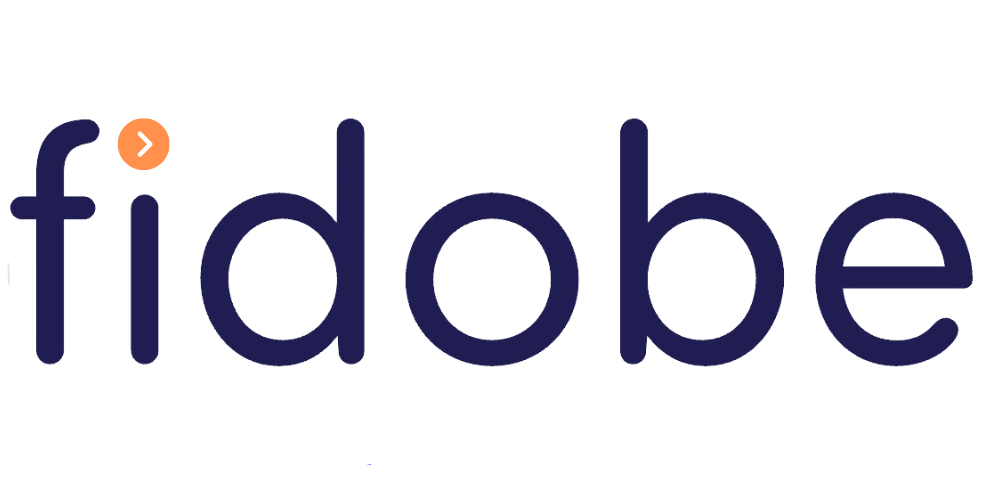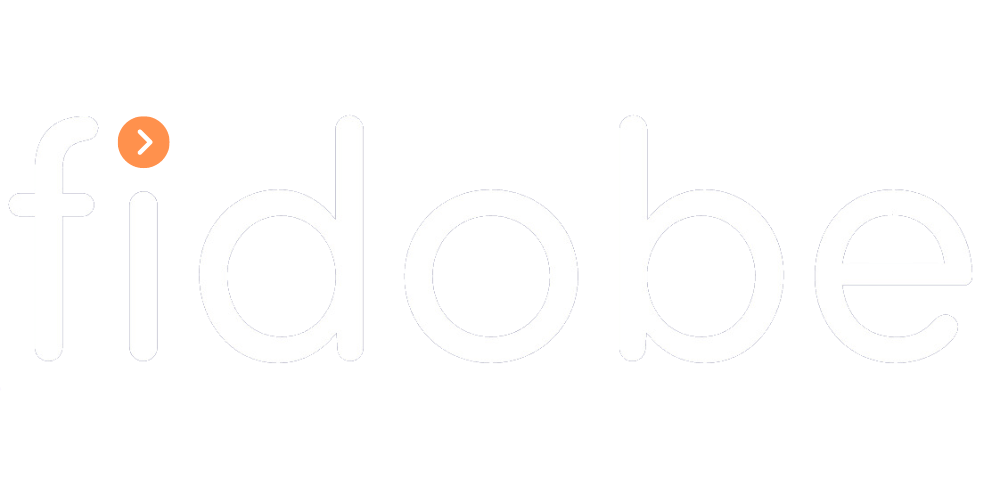
How Odoo ERP and QuickBooks Integration Simplifies Your Workflow
In today’s fast-paced business environment, managing multiple software systems can be overwhelming. Companies rely on various tools to handle operations like accounting, customer management, inventory control, and more. Odoo ERP and QuickBooks are two powerful platforms that help streamline these processes. However, integrating these systems can take your business efficiency to the next level by simplifying workflows and minimizing manual tasks.
In this blog, we’ll explore how the integration of Odoo ERP and QuickBooks can transform your business operations and help you save time, effort, and resources.
How Odoo ERP and QuickBooks Integration Simplifies Your Workflow
In today’s fast-paced business environment, managing multiple software systems can be overwhelming. Companies rely on various tools to handle operations like accounting, customer management, inventory control, and more. Odoo ERP and QuickBooks are two powerful platforms that help streamline these processes. However, integrating these systems can take your business efficiency to the next level by simplifying workflows and minimizing manual tasks.
In this blog, we’ll explore how the integration of Odoo ERP and QuickBooks can transform your business operations and help you save time, effort, and resources.
1. Centralized Data Management
One of the biggest challenges businesses face is managing data across different platforms. Odoo ERP handles various aspects like sales, inventory, CRM, and project management, while QuickBooks specializes in accounting and finance.
By integrating the two systems, your data flows seamlessly between them. This means that when an invoice is generated in Odoo, it’s automatically reflected in QuickBooks without the need for manual entry. This centralization ensures that your financial and operational data are always aligned, helping you avoid discrepancies and ensuring accurate reports.
Benefits of Centralized Data Management:
- No duplicate data entries
- Reduced chances of human error
- Consistent and real-time data across departments
2. Improved Financial Accuracy
QuickBooks is known for its robust accounting capabilities, and Odoo ERP brings a comprehensive business management system to the table. When these two platforms are integrated, you benefit from a seamless transfer of financial data.
For instance, sales data from Odoo can automatically update your revenue records in QuickBooks. You can also track expenses from purchase orders generated in Odoo without having to enter them manually into QuickBooks. This automatic synchronization ensures that your financial statements are accurate and up-to-date.
Financial Accuracy Highlights:
- Automatic syncing of invoices and payments
- Real-time updates on revenue and expenses
- Accurate financial statements and reports
3. Enhanced Reporting and Insights
Both Odoo ERP and QuickBooks offer reporting features, but together, they provide more comprehensive insights into your business’s financial health and operational efficiency. By integrating the two, you can combine operational data from Odoo (like sales and inventory) with financial data from QuickBooks (such as cash flow and profit margins).
This integration allows you to generate more detailed reports that give you a holistic view of your business. Whether you need to assess your current financial position or track sales trends, Odoo-QuickBooks integration makes it easy to pull all the data you need into one place.
Key Reporting Benefits:
- Consolidated reports on business performance
- Data-driven decision-making
- Insightful dashboards for sales, revenue, and inventory
4. Automated Invoicing and Payments
Manually generating invoices and processing payments can be time-consuming. With Odoo and QuickBooks integrated, invoicing is automated. When you complete a sale in Odoo, an invoice is automatically generated and sent through QuickBooks. Payments made by customers can also be tracked and synced between the systems in real time.
This eliminates the need for repetitive tasks, reduces delays in billing, and ensures that your financial records remain up to date. Additionally, with automated payment processing, you can improve cash flow management and track outstanding balances easily.
Automation Perks:
- Faster invoicing and payment processing
- Reduced manual work and human errors
- Better cash flow visibility
5. Streamlined Tax Compliance
Tax compliance is a critical aspect of running a business. By integrating Odoo ERP with QuickBooks, businesses can simplify tax calculations and filings. QuickBooks automatically calculates taxes based on sales data from Odoo, and you can generate tax reports at the click of a button.
This ensures that your tax records are accurate and compliant with regulations, helping you avoid costly mistakes. Plus, when tax season rolls around, you’ll be fully prepared with all the necessary information easily accessible.
Tax Benefits of Integration:
- Automatic tax calculations
- Simplified tax report generation
- Compliance with local tax laws
6. Scalability and Flexibility
As your business grows, so does the complexity of managing operations. Odoo ERP is highly customizable and scalable, and when integrated with QuickBooks, it creates a flexible solution that can grow with your business.
Whether you’re adding new product lines, expanding to new markets, or hiring more employees, the combined power of Odoo and QuickBooks allows you to adapt quickly. You won’t need to overhaul your systems or worry about outgrowing your tools.
Scalability Advantages:
- Easily adapt to business growth
- Customize workflows as needed
- Stay agile with flexible solutions
Conclusion
Integrating Odoo ERP and QuickBooks offers a powerful way to simplify and optimize your business workflows. With centralized data management, improved financial accuracy, automated invoicing, and better reporting, the integration empowers businesses to run more efficiently and make data-driven decisions. Additionally, the scalability of this solution ensures that your business can grow without disruption.
If you’re looking to streamline your operations and gain a competitive edge, integrating Odoo and QuickBooks is the perfect solution. By simplifying complex processes and improving efficiency, you’ll be able to focus on what really matters: growing your business.
Looking to integrate Odoo ERP and QuickBooks for your business? Contact us today to learn how we can help you implement a seamless solution







